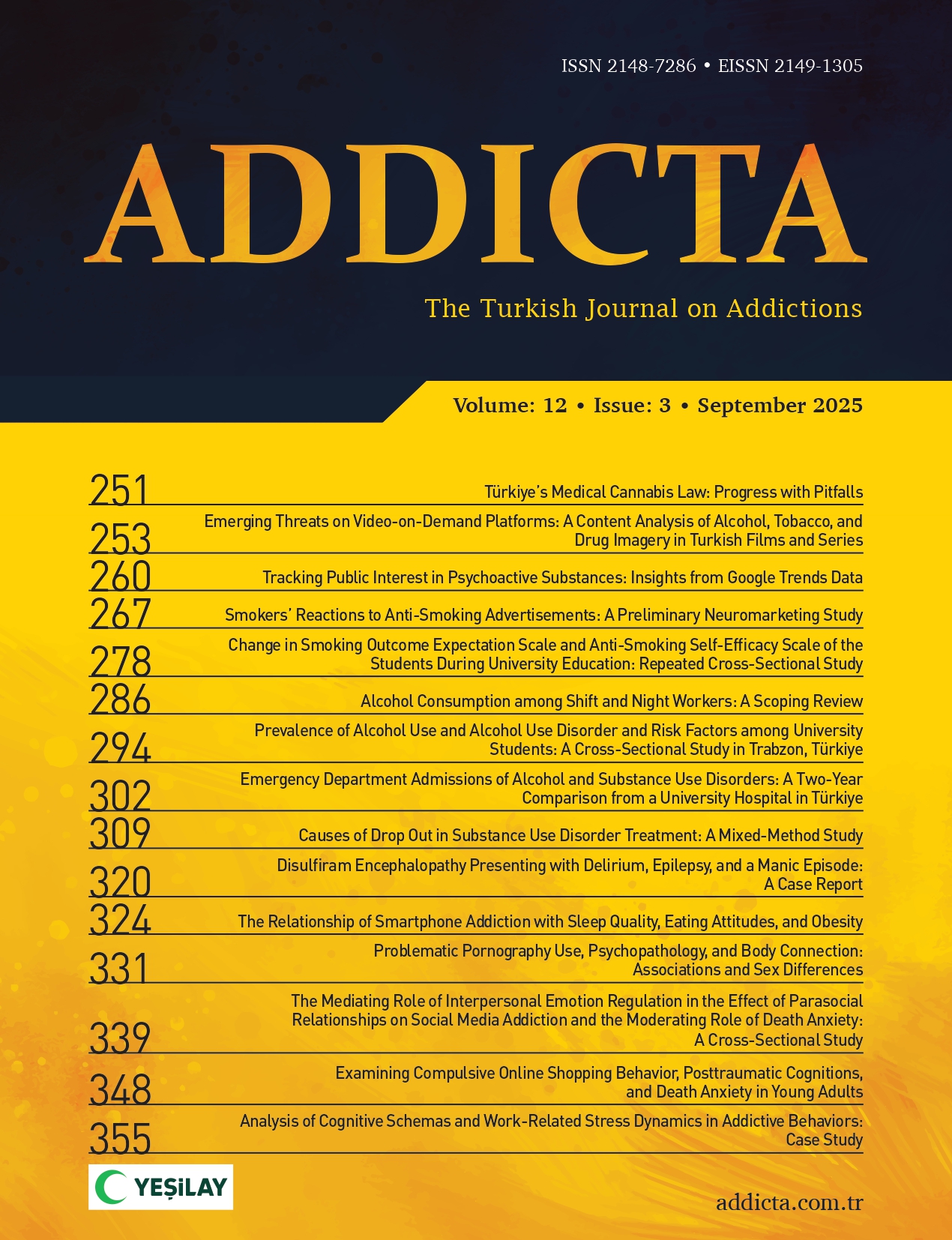Nowadays, technology and Internet use has been increasing, and this increase brings along social, psychological, and physical problems. Social media addiction is one of the problems that arise from intensive Internet and technology use. This study aims to develop a Likert-type scale for identifying adolescents’ social media addiction levels. The research data have been collected from public middle and high school students, 439 students for the exploratory factor analysis and 195 students for the confirmatory factor analysis. In the process of developing the scale, opinions have been received from 10 school counselors, two Turkish language teachers, two computer and instructional technologies teachers, and one expert in the field of addiction. A 9-item, one-factor structure has been obtained as a result of the exploratory factor analysis and 27-item draft scale. The obtained structure has been tested using exploratory factor analysis. The 9-item, one-factor scale explains 56.8% of the total variance. A positive, moderate correlation has been determined for the Social Media Addiction with the Game Addiction as a result of the correlation analysis performed for the purpose of determining the scale’s validity. Cronbach’s Alpha of reliability for the scale has been calculated as 0.904.
To cite this article: Özgenel, M., Canpolat, Ö., & Ekşi, H. (2019). Social Media Addiction Scale for Adolescents: Validity and reliability study. Addicta: The Turkish Journal on Addictions, 6, 631–664. http://dx.doi.org/10.15805/addicta.2019.6.3.0086

.png)

.png)
.png)
